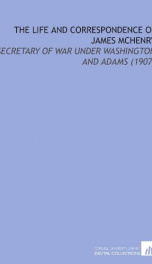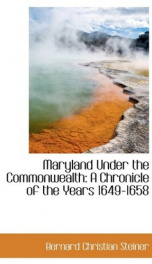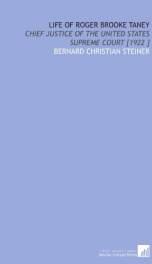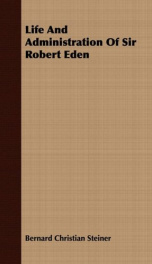life of reverdy johnson

Purchase of this book includes free trial access to www.million-books.com where you can read more than a million books for free. This is an OCR edition with typos. Excerpt from book: CHAPTER III The Struggle In Maryland To Preserve The Union In the presidential campaign of 1860, Johnson naturally supported Douglas. From Washington on May 19, he wrote to the Chairman of a Douglas Meeting to be held in New York three days later, approving of the action of the New York delegates at Charleston and urging the defeat of Lincoln, who is "reeking with the grossest heresies of political abolitionism," and the support of popular sovereignty. Johnson had argued the Dred Scott case twice, as the friend of the South, and firmly asserted that squatter sovereignty was not only not decided by the court, but was neither argued, nor in any way presented for decision. He "never supposed that there existed in any part of the civilized world a government where slavery existed, in which there was not somewhere authority to abolish it." A few days later, Johnson delivered a stirring address at a Douglas meeting in Faneuil Hall, Boston, in which he said that the Democratic party was now the only national one, since the Whig party no longer existed.1 Speaking in that place sacred to liberty and to union, he said that slavery was the "sole cause of peril . disturbing the fraternal feeling which our fathers entertained." He held slavery to be a local institution, with which Congress should not interfere,and considered that the Kansas Nebraska bill is praiseworthy and constitutional, while secession is traitorous. After Lincoln's election and the secession of South Carolina, Johnson, without a moment's hesitation, took his place among the foremost advocates of union and opponents of secession. This position he never left. At the close of the war, he stated that he never had referred to the Confederates but as "traitors, rebels or insurrectionists." No man could have been fiercer than ...
Info about the book
Author:
Series:
Unknown
ISBN:
0384578276
Rating:
4.5/5 (2)Your rating:
0/5
Languge:
English
Users who have this book
Users who want this book
What readers are saying
What do you think? Write your own comment on this book!
write a commentif you like life of reverdy johnson try:
Do you want to exchange books? It’s EASY!
Get registered and find other users who want to give their favourite books to good hands!








